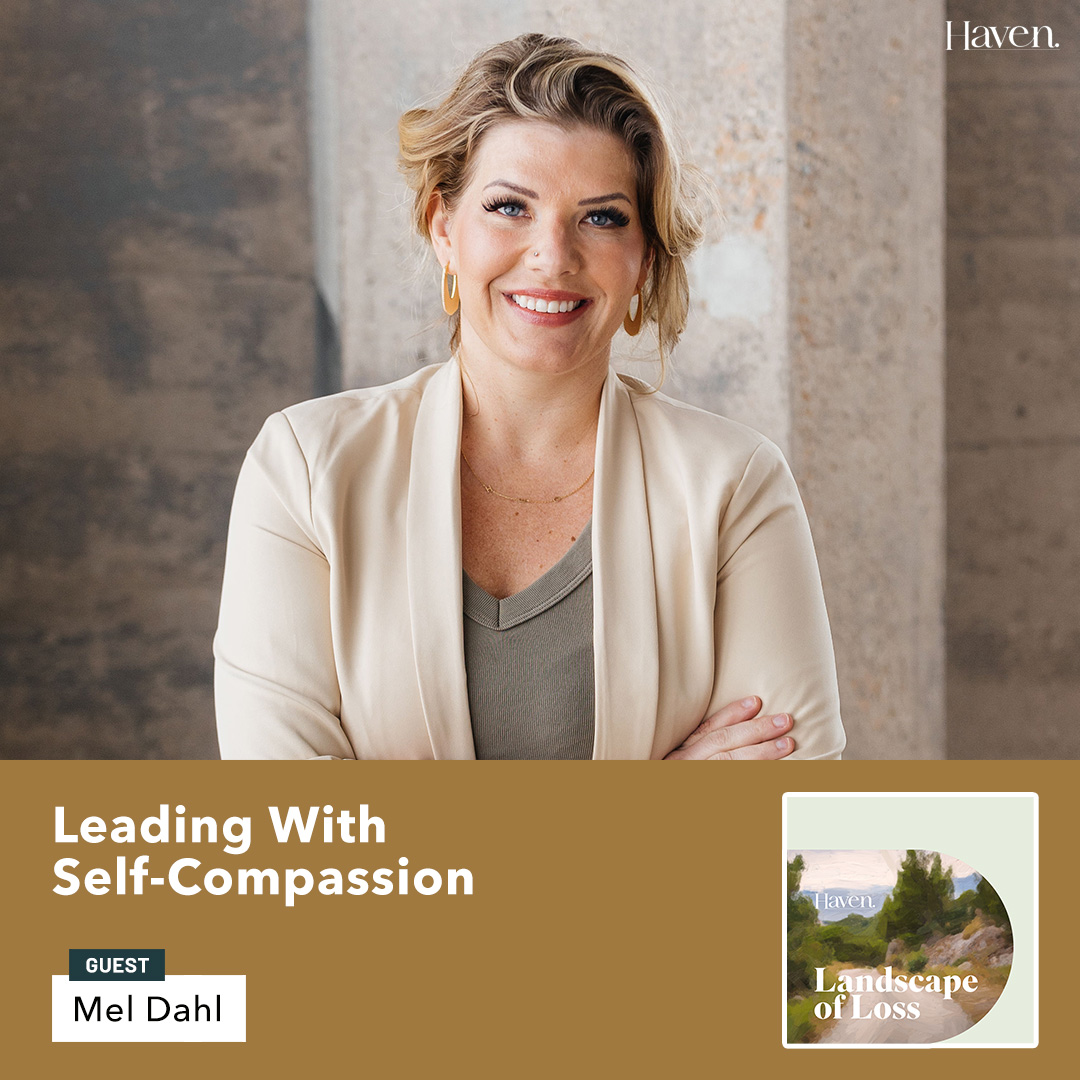Our internal dialogue is shaped as we journey through life, but by the time we reach adulthood, that inner voice often becomes negatively biased as a survival mechanism. Can we change this internal narrative to focus more on self-compassion? Leading a life guided by self-compassion can bring about remarkable transformations, but it requires practice. In today’s episode, we delve into the concept of self-compassion with our special guest, Melissa Dahl. Melissa specializes in women’s mental health, particularly maternal mental health. She is trained in various therapeutic techniques, including EMDR, DBT, Mindful Self-Compassion, PCIT, and the Attachment framework. Melissa offers Mindful Self-Compassion courses and works with post-partum moms and families. Join us as we explore what self-compassion truly means, the importance of validating our own experiences and emotions, and the skill of nurturing a kind inner dialogue. Melissa sheds light on the brain’s default negative bias and the practice of mindful self-compassion. We also connect self-compassion to the processes of grief and loss while unraveling the emotional workings of the human brain. Get your journals ready and take notes as you listen to this incredibly insightful episode with Melissa Dahl. Thank you for tuning in!
Key Points from This Episode:
- We are introduced to today’s guest, Mel Dahl.
- What is self-compassion: treating yourself like you would treat someone else.
- The importance of validating your own experiences.
- Developing the skill of being kind with our internal dialogue.
- How our brains default to a negativity bias for survival.
- Mel talks about the practice of mindful self-compassion.
- A good first step to flipping the switch of our internal dialogue.
- The beautiful path of relearning how to know ourselves.
- Growing into a great version of yourself (one you love).
- Why self-acceptance doesn’t mean we don’t hold boundaries with ourselves or others.
- How to tie self-compassion to grief and loss: self-compassion works by identifying a feeling.
- Mental gymnastics: the emotional brain and how it impacts the creation of self-blame.
- Name it and feel it: moving toward a release.
- A real-life example; breaking down the situation and implementing self-compassion.
- How we can work on and activate our attachment.
Links Mentioned in Today’s Episode:




